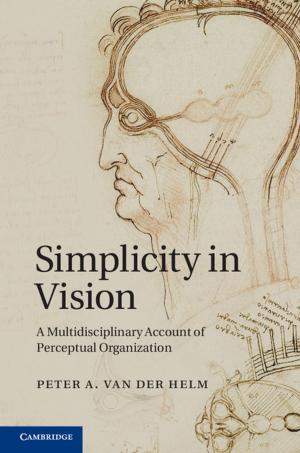End-of-Life Care and Pragmatic Decision Making
A Bioethical Perspective
Nonfiction, Religion & Spirituality, Philosophy, Ethics & Moral Philosophy, Health & Well Being, Medical| Author: | D. Micah Hester | ISBN: | 9780511847714 |
| Publisher: | Cambridge University Press | Publication: | November 30, 2009 |
| Imprint: | Cambridge University Press | Language: | English |
| Author: | D. Micah Hester |
| ISBN: | 9780511847714 |
| Publisher: | Cambridge University Press |
| Publication: | November 30, 2009 |
| Imprint: | Cambridge University Press |
| Language: | English |
Every one of us will die, and the processes we go through will be our own - unique to our own experiences and life stories. End-of-Life Care and Pragmatic Decision Making provides a pragmatic philosophical framework based on a radically empirical attitude toward life and death. D. Micah Hester takes seriously the complexities of experiences and argues that when making end-of-life decisions, healthcare providers ought to pay close attention to the narratives of patients and the communities they inhabit so that their dying processes embody their life stories. He discusses three types of end-of-life patient populations - adults with decision-making capacity, adults without capacity, and children (with a strong focus on infants) - to show the implications of pragmatic empiricism and the scope of decision making at the end of life for different types of patients.
Every one of us will die, and the processes we go through will be our own - unique to our own experiences and life stories. End-of-Life Care and Pragmatic Decision Making provides a pragmatic philosophical framework based on a radically empirical attitude toward life and death. D. Micah Hester takes seriously the complexities of experiences and argues that when making end-of-life decisions, healthcare providers ought to pay close attention to the narratives of patients and the communities they inhabit so that their dying processes embody their life stories. He discusses three types of end-of-life patient populations - adults with decision-making capacity, adults without capacity, and children (with a strong focus on infants) - to show the implications of pragmatic empiricism and the scope of decision making at the end of life for different types of patients.















